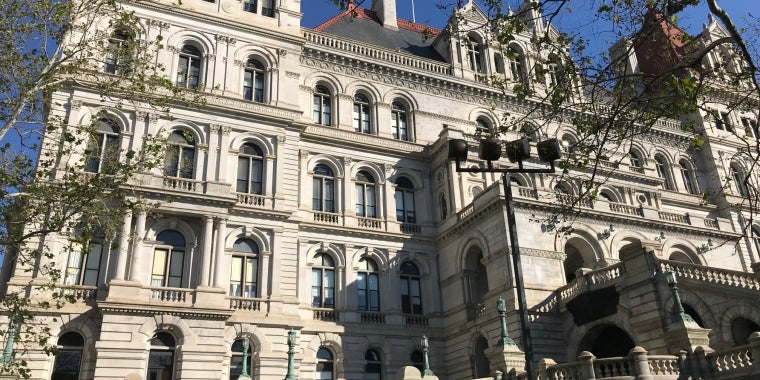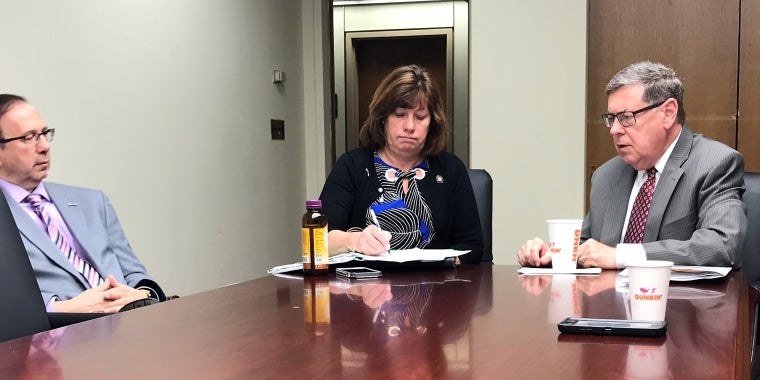
Senate Okays Eminent Domain Reform

The New York State Senate has approved legislation (S. 8349-A) sponsored by Sens. James L. Seward, Wm. Larkin, John Bonacic, Thomas Libous and Raymond Meier that would prohibit the use of eminent domain by New York Regional Interconnect (NYRI) to acquire land for its power line. The bill passed by a vote of 45- 15.
"The New York State Senate is squarely on the side of the property owners who are in the way of the proposed NYRI power line and all those who see how damaging the proposed line will be for our economy, our electric bills, the environment, our landscape and tourism," Senator Seward said.
The bill would ban the use of eminent domain by transmission companies who seek early federal designation as a federal electric corridor and who testify that their proposal will raise electric rates.
"This isn't a town putting in a bridge or sewer line for the public's benefit -- to help our neighbors and friends. This is a power line that benefits a few: downstate electric users and private investors. Using eminent domain for a private, for-profit power line is a complete rip-off of our property owners, and we're saying the fat lady has sung and NYRI is headed for a footnote in a book about how not to treat upstaters whose property and livelihoods are on the line," Seward added.
NYRI representatives testified at a hearing by the Senate Energy Committee in Norwich on Thursday, June 15, that they filed as a transportation corporation under New York State Law and as such will be able to use the power of eminent domain. Eminent domain is a legal tool which is used for the taking of private property, but in the past has been reserved for public projects. A vast expansion of that power by the U.S. Supreme Court under the Kelo v. New London decision has triggered calls for reforms of eminent domain.
Under a section of New York’s Transportation Corporation Law, electric companies like NYRI are able to condemn private property. Across the nation, states have been attempting to limit the ability of property to be taken for private benefit.
The bill now goes to the assembly.
-30-



